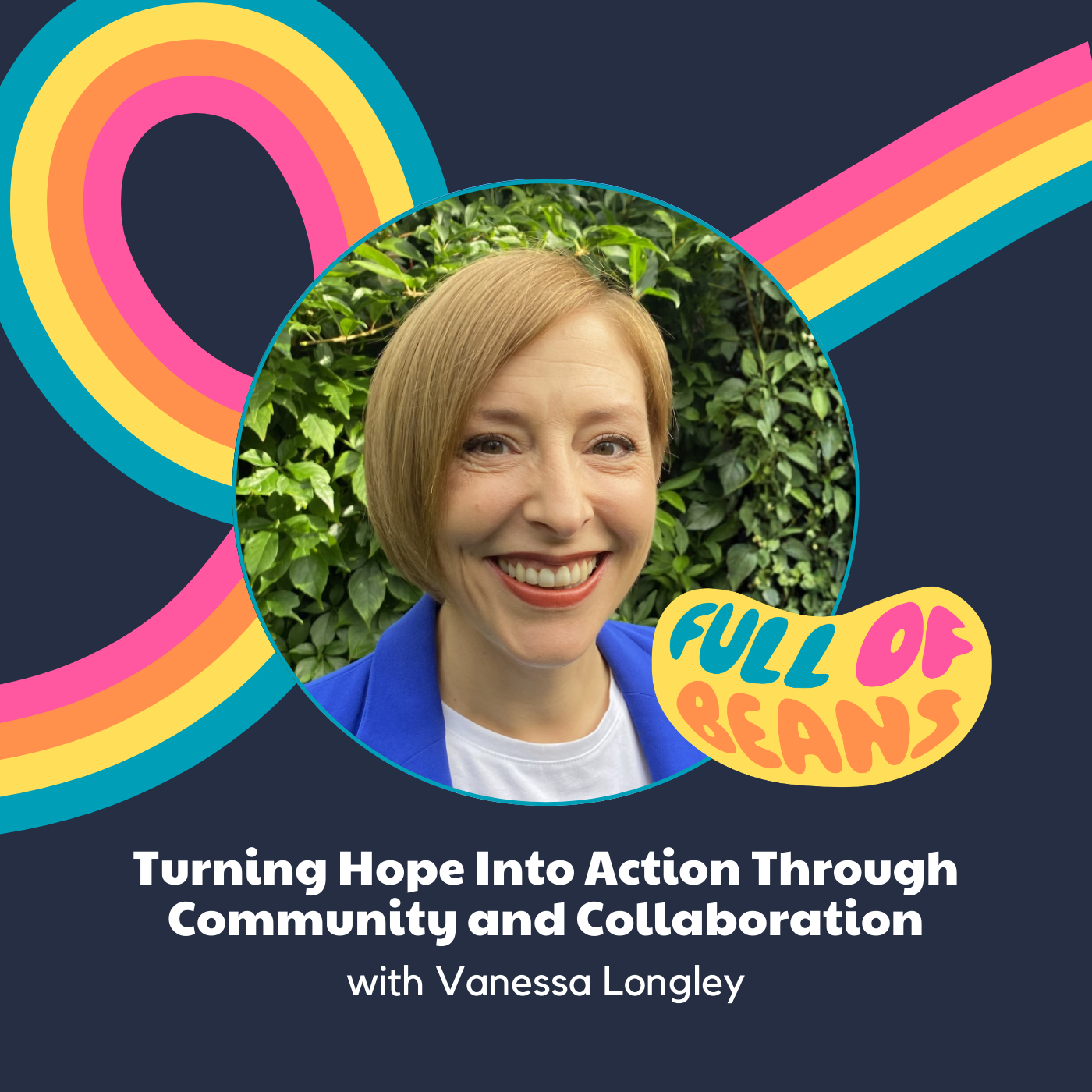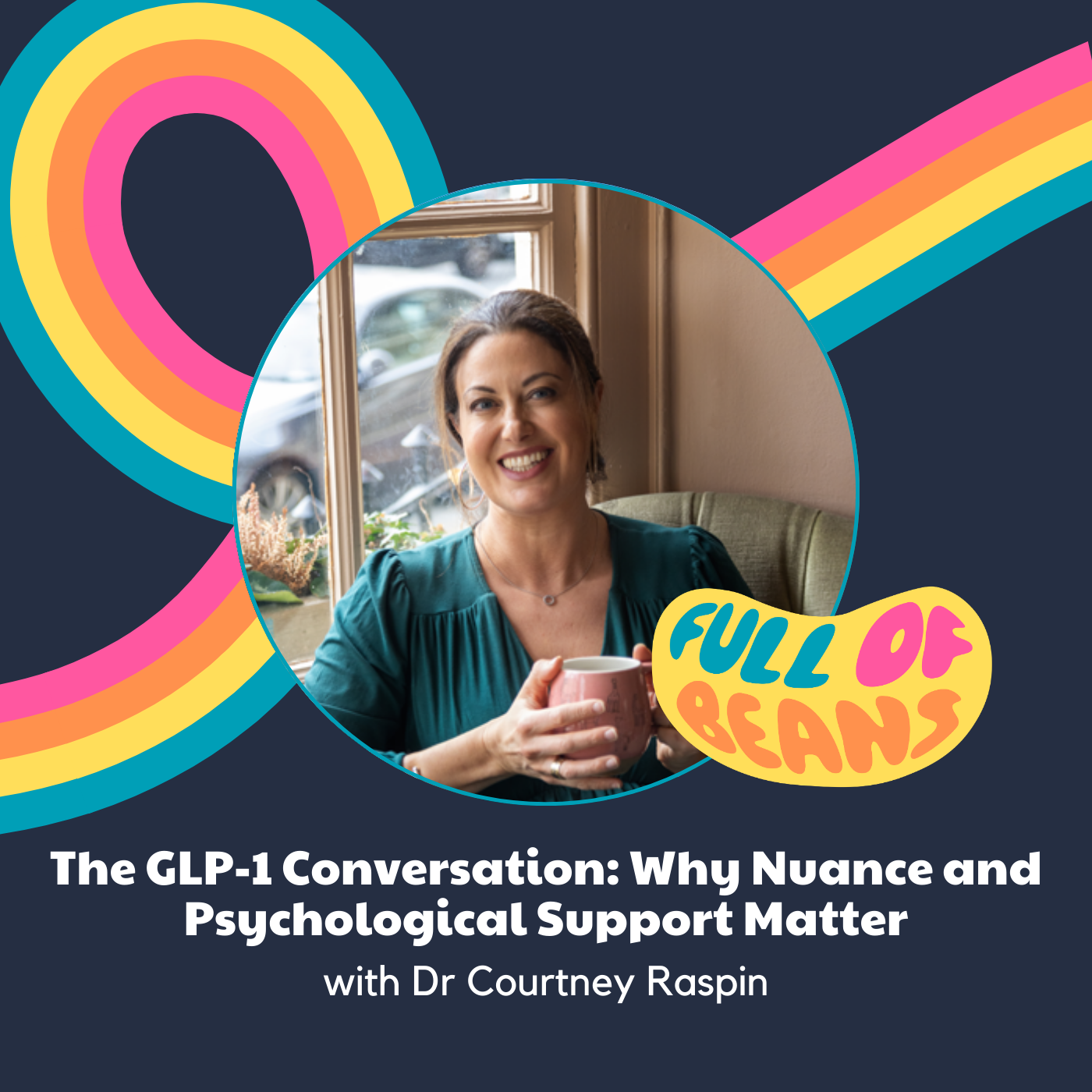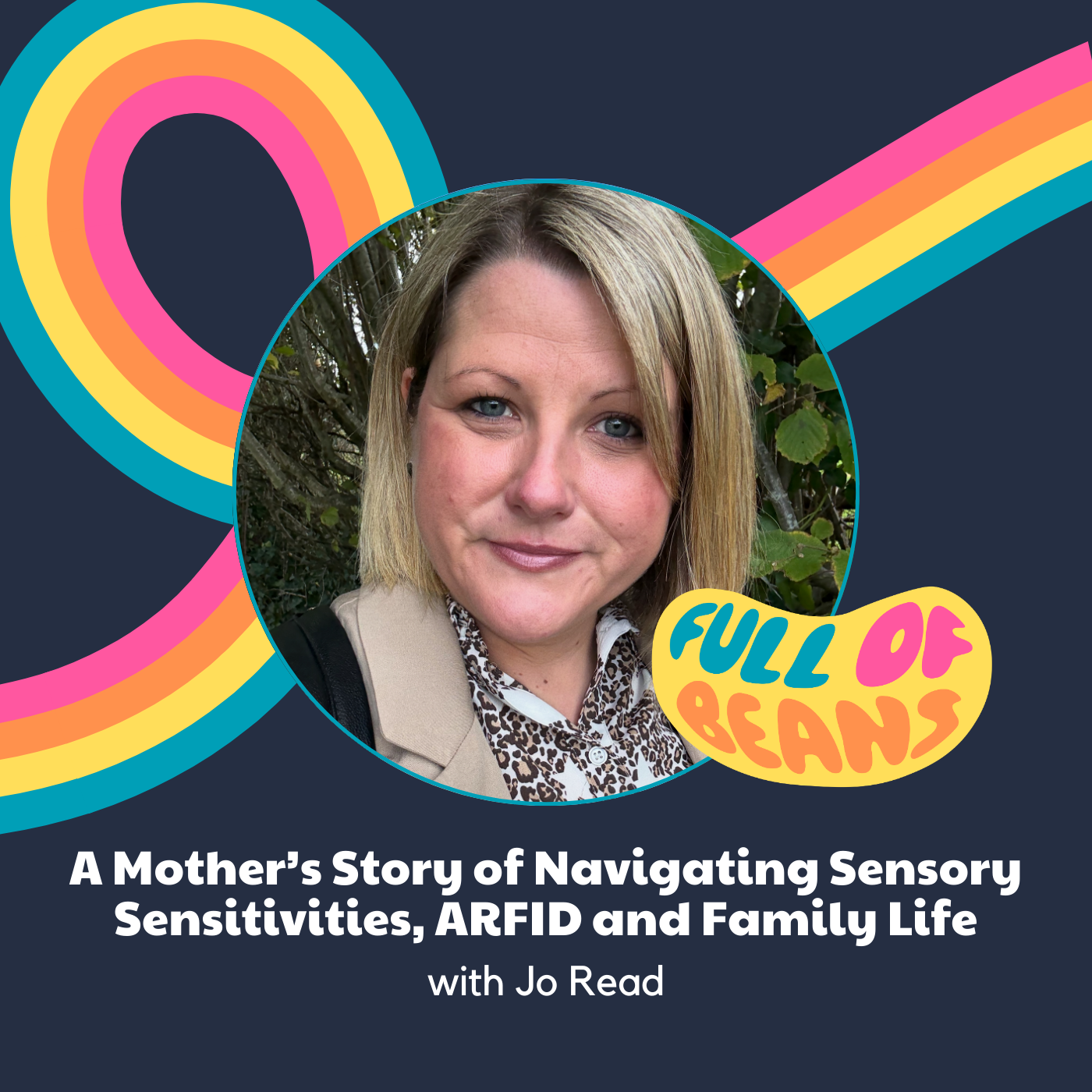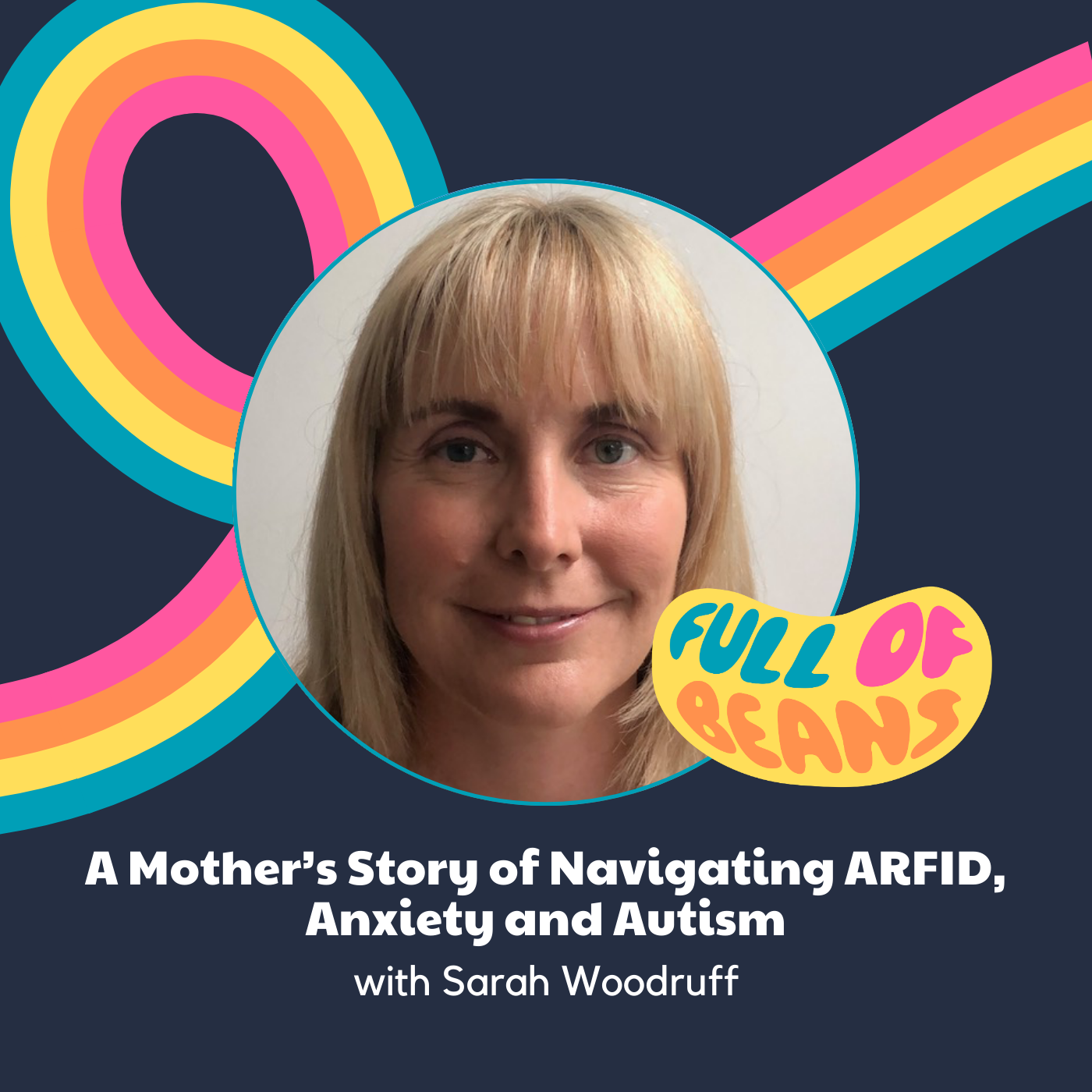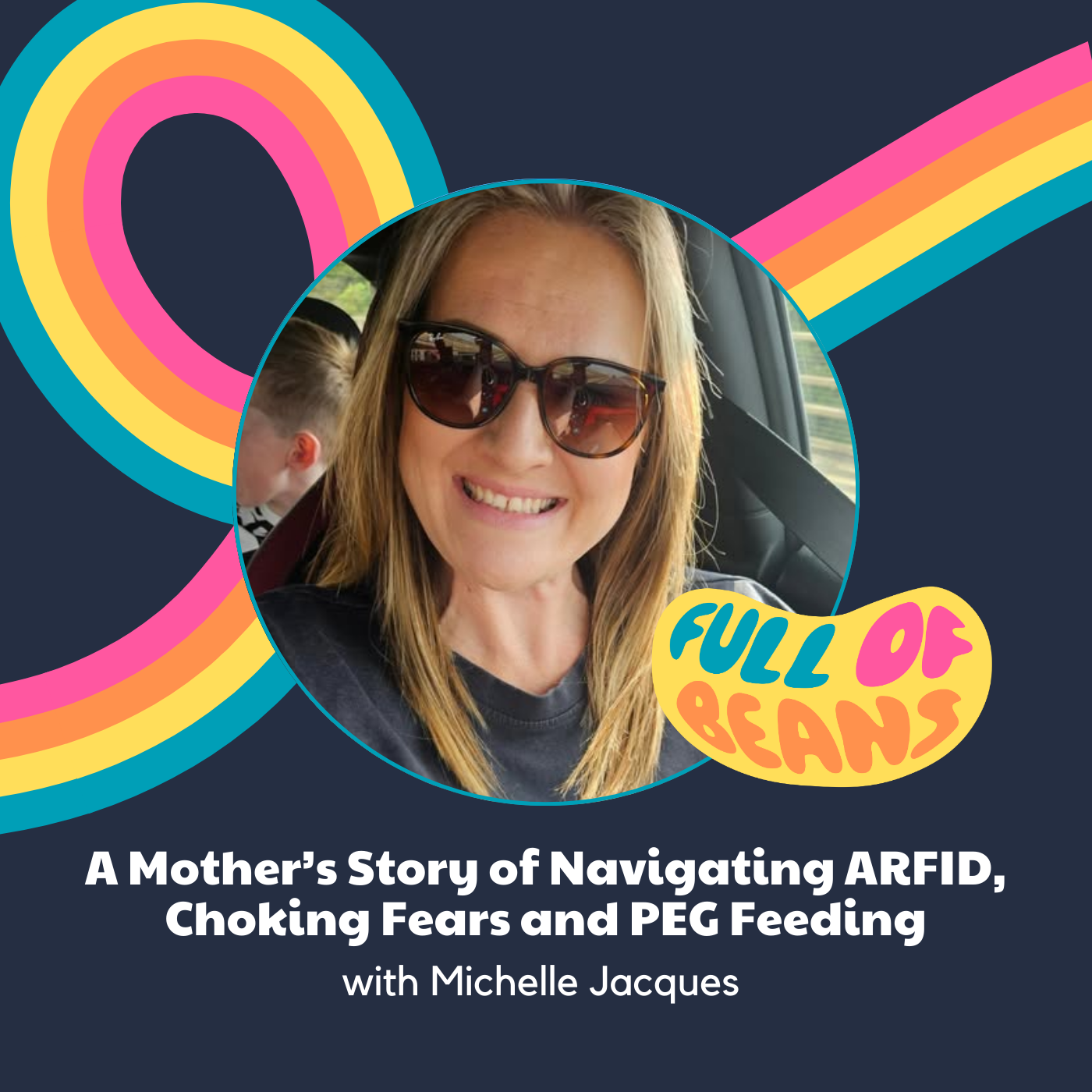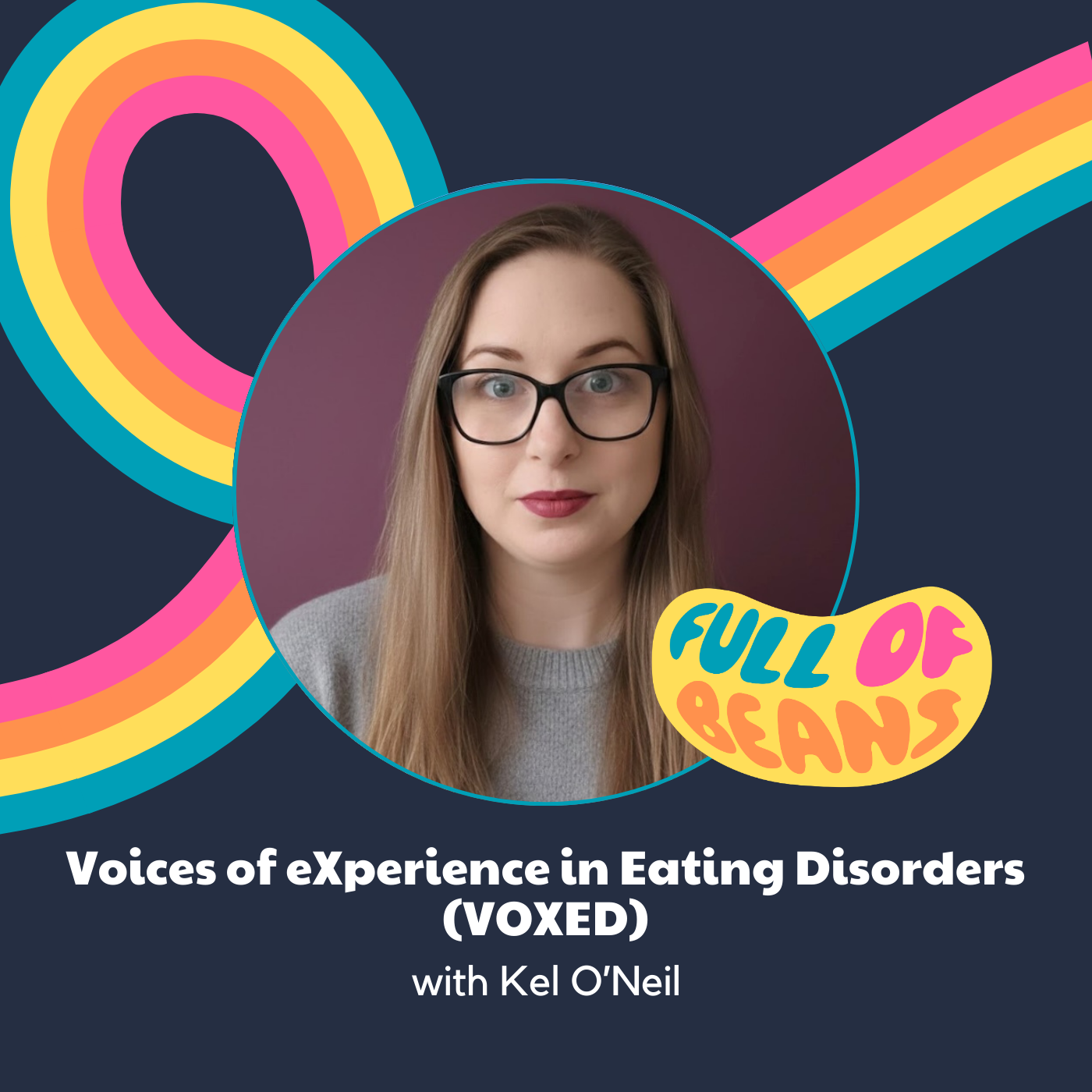Raising the Profile of ARFID Through Clinical Insight
ARFID needs urgent recognition - and we're here to help with that.

Avoidant/Restrictive Food Intake Disorder (ARFID) is one of the most misunderstood eating disorders, and that lack of recognition can lead to serious consequences.
Though it was officially added to the DSM-5 in 2013, many healthcare providers, services, and even eating disorder specialists are still unsure how to recognise and treat it appropriately. That means too many people with ARFID are left unsupported, misdiagnosed, or receiving treatment that doesn’t meet their needs.
What Is ARFID?
ARFID is an eating disorder that involves:
- Avoidance or restriction of food due to sensory issues, fear of consequences (like choking or vomiting), or low interest in eating
- A significant impact on health, nutrition, or daily life
- No single underlying reason, the cause and individual experience can vary widely
ARFID can lead to physical issues (like weight loss or nutrient deficiencies), emotional distress, and difficulties with social situations, schooling, or work.
Why ARFID Is Often Misunderstood
Despite being a legitimate diagnosis, ARFID is frequently mistaken for:
- Fussy eating
- Anorexia
- Behavioural issues
- Autistic food rules
- “Just a phase”
Dr. Stephen Linacre, Clinical Psychologist and guest on the Full of Beans Podcast, explains that ARFID is often misdiagnosed as anorexia, especially if weight loss is involved. But while they can look similar on the surface, the underlying drivers and treatment needs are very different.
What Makes ARFID Different?
People with ARFID may avoid food because of:
- Sensory sensitivities (taste, texture, smell, colour)
- Medical trauma (choking, reflux, vomiting)
- High anxiety or fear about eating
- A low drive to eat or trouble sensing hunger/fullness
These experiences often co-occur with neurodevelopmental conditions, especially autism and ADHD, but ARFID can affect anyone.
Importantly, the reason for food avoidance is not solely driven by body image concerns or a desire to lose weight (as seen in anorexia). However, this doesn't mean people with ARFID don’t have complex feelings about their body... It's just not the main driver of their concerns.
The Impact of Misdiagnosis
When ARFID is mislabelled or misunderstood, the result can be:
- Inappropriate treatment that increases fear or shame
- Delayed recovery due to unmet needs
- Increased distress for individuals and their families
- Missed medical risks (like vitamin deficiencies or dehydration)
Stephen shared how some treatment models for other eating disorders may be ineffective, or even harmful, when applied to ARFID. Often, this can be because FT-AN focuses on increasing the quantity of food based on a specific meal plan to gain weight. For those with ARFID, treatment needs to focus on concerns around foods and increasing food variety, not necessarily weight. That’s why proper recognition is so important.
What Clinicians and Services Need to Know
To better support people with ARFID, services need to:
- Ask the right questions during assessment (not just about weight or food quantity)
- Understand the role of sensory processing and anxiety
- Avoid assumptions about what eating disorders “look like”
- Provide training on ARFID-specific care pathways
- Collaborate across disciplines (psychology, dietetics, OT, and more)
Supporting Families and Carers
For parents and carers, ARFID can be incredibly distressing, especially when support is limited or their concerns aren’t taken seriously.
Helpful approaches include:
- Listening without judgment
- Validating the person’s experience and fears
- Avoiding pressure-based feeding strategies
- Working with specialists who understand ARFID
- Focusing on nutritional safety and gradual change, not perfection
Why ARFID Recognition Matters
When ARFID is recognised for what it is, people can finally access the support they need. Early and accurate recognition means:
- Reduced anxiety around eating
- Better physical and mental health outcomes
- More effective, compassionate treatment
- Hope and progress for individuals and families
As Stephen Linacre shared, we need to raise awareness of ARFID in services, training, and public conversations, because people with ARFID deserve to feel understood, not dismissed.
Learn More
For a deeper conversation on ARFID, lived experience, and how services need to adapt, listen to our episode with Dr. Stephen Linacre.
You can also check out the following resources:
- Freed Beeches (Stephen's local charity)
- Beats Endeavour programme for parents/carers of those with ARFID or ARFID-like symptoms aged between 5-15.
- ARFID awareness UK
- The Cumbria, Northumberland, Tyne and Wear NHS Trust - ARFID resources
- PEACE pathway - Ausitm & Eating Disorders Resources
Sending positive beans your way,
Han 💛

